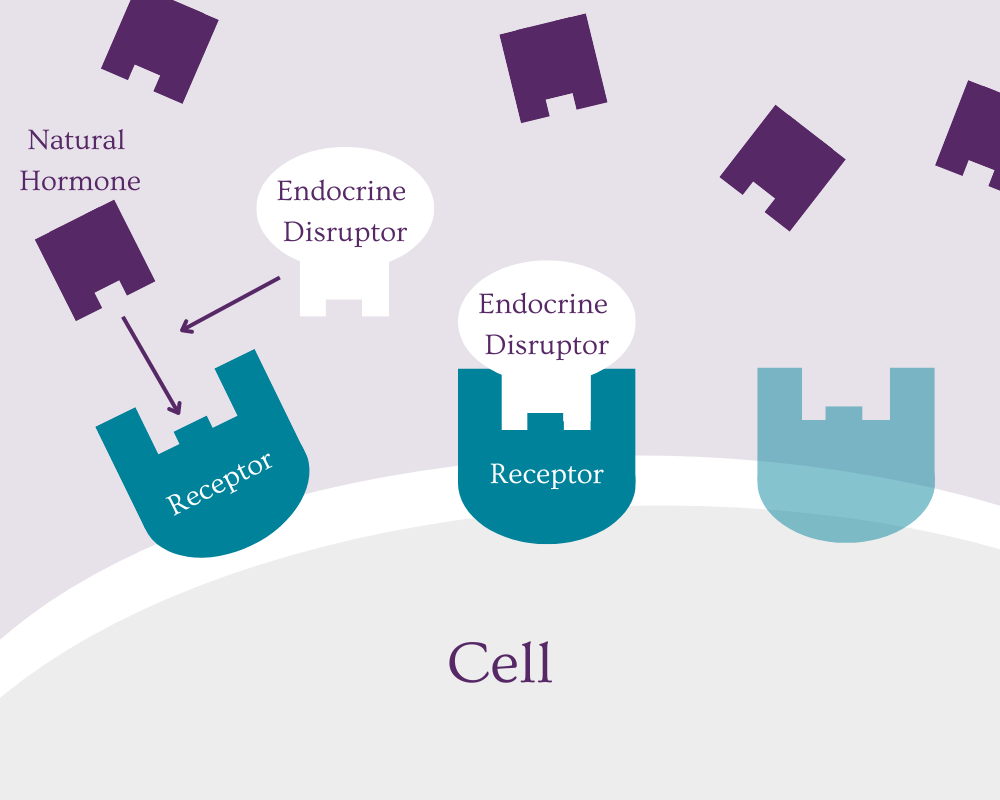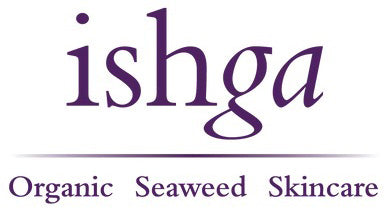
Do you know what Endocrine Disruptors are?
Share
When it comes to looking after our bodies, it’s important to know what we’re putting into them and onto them. At ishga, we only use the best high quality, organic ingredients in our products that are safe and kind to your skin and body. However, there are ingredients in many common products that we should be aware of to take care of ourselves, one group being known as ‘Endocrine disruptors’.
Let’s take a closer look at these and how to avoid them.
What are endocrines?
The human body contains Endocrine glands, and these glands produce hormones that get released into the circulatory system. Our bodies are dependent on the hormones to help keep the endocrine system healthy and balanced as it controls many essential functions such as growth, fertility and reproduction. Even minor disruptions to the hormones can have an effect and cause biological and developmental issues.
What are Endocrine Disruptors?
Endocrine disruptors are any chemicals that can interfere with our Endocrine or Hormonal system. Any system in our bodies that is controlled by hormones can be affected by an Endocrine disruptor. These ingredients can be found in many household and personal care products.
How do Endocrine Disruptors affect the body?
There are three main ways that Endocrine disruptors affect the body. They can:
- Imitate the hormone causing the body to then overreact.
- Block the pathway between receptors and hormones.
- Affect the glands to produce too little or too much hormone.
Where do they come from?
Endocrine disruptors can be natural or manmade. They can be found in everyday products such as cosmetics, toys, packaging, cleaning, and pharmaceutical items. Contact with disruptors can occur through the skin, diet, water and the air. While it's impossible to completely avoid endocrine disruptors there are ways in which you can reduce exposure and opt to buy products free from certain chemicals.

Types of Endocrine Disruptors
4-Methylbenzylidene Camphor (may also be called Enzacamene)
- An ingredient commonly used as a UV filter in sunscreens.
- It is toxic to the thyroid and may contribute to Hypothroidism (underactive thyroid).
- Ingredient is banned in the EU, Japan and USA. It is still allowed in the UK.
- UK Regulators are reviewing the evidence. No immediate plans to ban its use.
Oxybenzone (may also be called Benzophenone-3)
- Like 4-Methylbenzylidene Camphor, it is an ingredient commonly used as a UV filter in sunscreens.
- The European Food Safety Authority has classified it as a possible human carcinogen and endocrine disruptor. Still being used in sunscreens in the UK and EU.
- Has been shown to cause allergic reactions.
- Banned from sale in Thailand, Palau & Hawaii due to the negative impact on coral reefs and other marine life.
Parabens
- A type of preservative commonly used in cosmetics.
- Types of parabens include: Methylparaben, Ethylparaben, Propylparaben, Butylparaben.
- There is evidence parabens are endocrine disrupting, even at low levels.
- UK regulators are currently reviewing Butylparaben and Methylparaben as part of a wider review. No immediate plan to ban parabens in cosmetics.
Phthalates
- In cosmetics, they are used to dissolve and bind different ingredients together and can be found in shampoos, conditioners, cleansers.
- Also used as a solvent, stabiliser or fixative for artificial fragrances. This means they may not be listed in the ingredients list.
- They have been linked to reproductive and genital defects in children as well as neurodevelopmental issues. May also increase the risk of miscarriage.
- Avoiding cosmetics that list "Fragrance" in the ingredients will reduce exposure to Phthalates.
Triclosan
- A preservative used to prevent bacterial growth in cosmetics and oral care products.
- Triclosan and a similar ingredient Triclocarban are currently being reviewed by UK regulators for being potential endocrine disruptors.
- Due to the recognised negative effects, Triclosan has been removed from some products. However, many still contain it.
- Studies have shown it has a negative impact on thyroid function.
At ishga we are certified organic by the Soil Association. The Soil Association COSMOS standard does not allow any known or suspected Endocrine Disruptors in products.
*Endocrine Disruptor chemical information obtained from The Soil Association.




